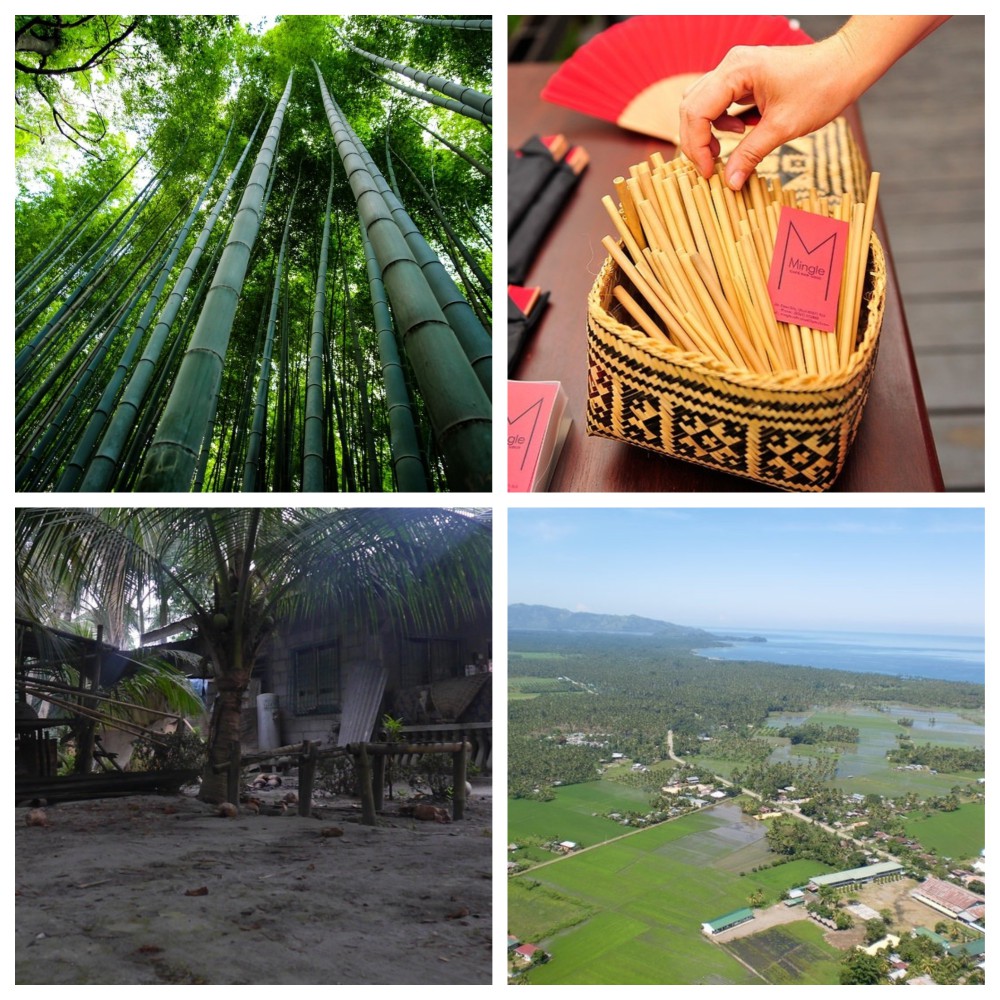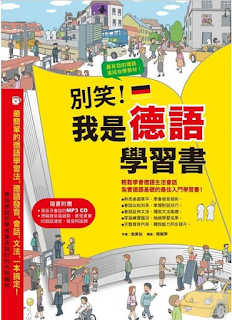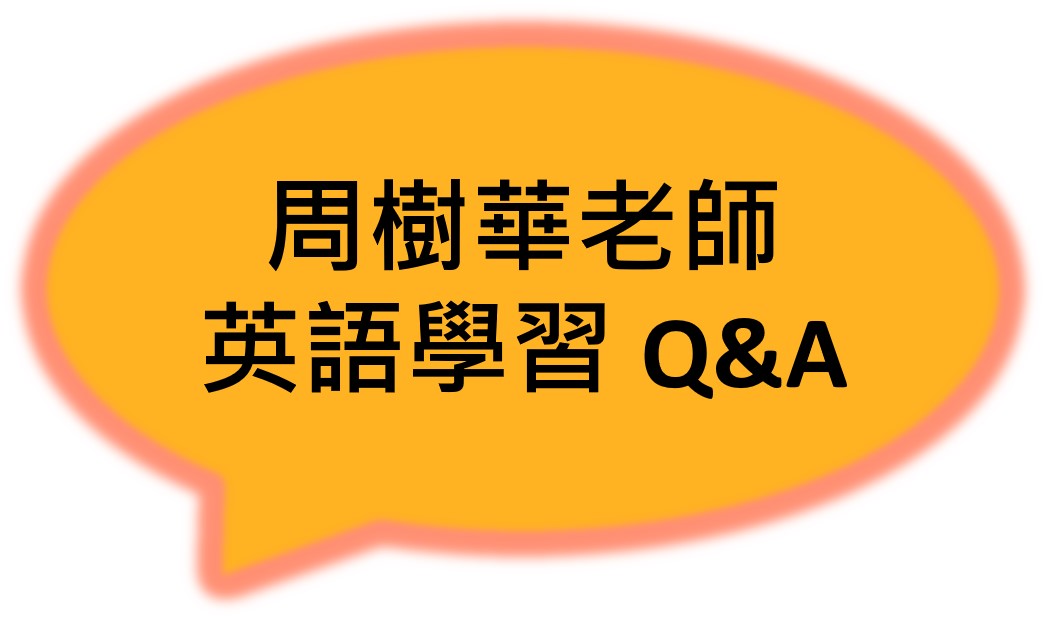| |
Philippines Bamboo Entrepreneur Digs In on Poverty and Climate Threats
VOA News|Economy & Business
December 08, 2019 03:38 PM Reuters (source)
Philippines Bamboo Entrepreneur Digs In on Poverty and Climate Threats
菲律賓竹企業家探討貧困與氣候帶來的威脅
December 08, 2019 03:38 PM
Reuters
LONDON —
Mark Sultan Gersava grew up in poverty, one of 12 children of a slash-and-burn subsistence farmer in the Philippines province of Sultan Kudarat.
Today he is the "chief executive farmer" of a company aimed at tackling that same poverty, and combating climate change at the same time.
His firm Bambuhay helps farmers shift from slash-and-burn agriculture - which accounts for about a third of deforestation in the Philippines - to growing bamboo, now in demand as an alternative material to throw-away plastic.
The company, now in its second year of operation, makes popular bamboo straws, toothbrushes, tumblers, and bamboo-based charcoal briquettes, to replace those made from wood.
So far Bambuhay has sold nearly 400,000 reuseable bamboo straws, Gersava said.
In late October, wearing a bamboo salakót, a traditional farmers hat, he told delegates to the One Young World conference of youth leaders in London what drove him to launch his company.
"In the span of one year, I experienced two super typhoons (and) the hottest measured temperature in Philippines history," Gersava said.
"This was the first time I had faced the direct consequences of climate change," he said.
Less Poverty, Fewer Emissions
Gersava settled on bamboo - a fast-growing plant that absorbs large amounts of climate-changing carbon dioxide and can help prevent soil erosion - as a way of taking action on both climate change and poverty.
The Philippines climate, he said, is perfect for growing the giant grass and has helped poor farmers "become agri-preneurs."
The effort has helped cut extreme poverty for thousands of farmers so far, he says.
"Bamboo is a symbol of poverty in the Philippines. If you live in a bamboo house, you're very poor – that's basically how it was before," he told the Thomson Reuters Foundation.
"But bamboo now has gained a lot of good attention since I started the company," he said.
Bambuhay has partnered with the Philippines government and farmers to replant 540 hectares (1,340 acres) of deforested land through the company's Bamboo AgroForestry Program, Gersava said.
Just how versatile bamboo fiber can be was evident in the entrepreneur's own attire at the conference, including a sleek bamboo wallet and his cone-shaped hat, a golden salakót.
Such hats are usually made from reeds, but his was produced by farmers from bamboo - a gift in gratitude for his help in pulling them out of poverty, he said.
"When I wear this hat, I feel connected to the farmers. They are the one who are left behind," Gersava said.
"They are the most important people that we that we [sic] need to protect. . . . We need to value these people more."
Bamboo Business
Last year, Gersava sold his condominium, quit his job and with no formal business training and just $2,000 in start-up funds launched Bambuhay, his social enterprise.
"It's very hard to start a business in the Philippines," he said.
"There's no support from the government, you have very limited funding. . . . I started with only one person."
Now Gersava employs 17 full-time staff. He says as CEO his aim is not to become rich but to ensure much of what the company earns passes to its farmers.
Still, in addition to helping farmers, he's been able to help pay college fees for his two nieces and support his siblings and parents, he said.
He says his work is far from done. By 2030, he aims for his company to have helped establish 1 billion bamboo plants and to have lifted 100,000 farmers out of poverty, especially in extremely poor areas such as his hometown and the province of Sulu.
Growing up in an impoverished family in Sultan Kudarat, he said, has given him a deep understanding of who pays the highest price as climate change impacts, from floods and droughts to heatwaves and storms, intensify.
"The wealthy CEOs and politicians are not the ones suffering the most from the consequences of climate change. It is the rural villager," he said.
"It is the struggling farmers who are suffering from severe water shortages and droughts that will be the worst hit by food insecurity," he predicted.
To battle both poverty and climate change, "we cannot continue with business as usual," he said.
"We must continue to innovate, to protest and to hold government and companies' feet to the fire," he said in a speech at the conference.
馬克.蘇丹.格薩瓦(Mark Sultan Gersava)從小在菲律賓(Philippines)蘇丹庫達拉特(Sultan Kudarat)省的貧窮(poverty)家庭裡長大。他是家中 12 個孩子之一,家裡以刀耕火種的(slash-and-burn)耕作方式維生(subsistence,註 1)。
如今,他是一家公司的「首席執行農民(chief executive farmer)」。該公司成立的宗旨在於解決同樣的他所經歷過的貧困問題,同時也要對抗(combat,註 2)氣候變遷的議題。
他的公司班布海(Bambuhay)幫助農民從刀耕火種的農業改成種植竹子。菲律賓三分之一左右的森林濫伐(deforestation,註 3)起因於這種刀耕火種的農業。如今,竹子已成為拋棄式一次性塑料的替代材料。
該公司現已進入營運的第二年,生產大眾常用的竹吸管、牙刷、隨行杯(tumbler)和以竹子為原料的木炭煤磚(briquette,註 4),用以取代木製產品木材製成的產品 。
格薩瓦表示,班布海至今已經售出了將近 40 萬個支可重複使用的(reusable)竹吸管。
今年(編按:2019 年)10 月下旬,班布海他戴著一頂用竹子做成的菲律賓傳統寬邊帽(salakót)出席倫敦(London)的青年世界(One Young World)峰會。,傳統上菲律賓農民常戴這種帽子。他向峰會的青年領袖代表(delegate)說明驅使(drive,註 5)他創辦公司的動機。
格薩瓦表示:「在這一整年的時間裡,我經歷了兩次超級颱風以及菲律賓有史以來測得的最高溫。」
他接著說道:「這是我第一次直接面對氣候變遷所導致的後果。」
減少貧困,減少排放
格薩瓦最終選定(settle on . . .)以竹子作為公司發展的主軸,同時以此對氣候變遷和貧困採取行動。竹子生長快速,能吸收大量吸收的造成氣候變遷的(climate-changing)二氧化碳,並有助於防止水土流失(soil erosion)。
種植竹子可當作對氣候變遷和貧困採取的行動。 他說格薩瓦認為,菲律賓的氣候非常適合種植巨型禾本植物(giant grass),並且幫助這也有助於貧困的農民「成為農業企業家(agri-preneur,註6)。」
他指出,這項努力迄今已幫助數千名農民改善他們了極為貧困的處境。
他向湯森路透基金會(Thomson Reuters Foundation)解釋:「竹子在菲律賓是貧窮的象徵。如果你住在竹屋裡,就表示你非常窮。 基本上以前的觀念就是這樣。」
他說:「自從我創辦公司以來,竹子已經引起了很多正面關注。」
格薩瓦表示,班布海已與菲律賓政府及農民合作,透過公司的竹子農林業計劃(AgroForestry Program),在被砍伐過的土地上重新種植了 540 公頃(1340 英畝)的植物。
他在會議上的穿著很明顯地展現出竹纖維的多功能性(versatile,註7),其中包括光滑(sleek,註8)的竹皮錢包和錐形的金色寬邊帽。
他指出,這種帽子通常是用蘆葦(reed,註9)製成的,但他戴的這一頂是農民用竹子製成的,。也這是農民送給他的禮物,為了答謝他幫助他們擺脫貧困所送的禮物。
格薩瓦表示:「當我戴上這頂帽子時,我感覺和農民同在一起。他們是被遺忘的一群。」
「他們是極為重要的一群人,我們需要保護他們 . . . . . . 我們需要更加重視這些人。」
竹子事業
格薩瓦在去年(編按:2018 年)賣掉了他的公寓並辭去了工作,在沒有受過任何正式的商業培訓且只有 2000 美元創業(start-up)資金的情況下,成立了班布海這個社會企業(enterprise,註10)。
「在菲律賓創業非常困難。」他描述著。
「我們沒有來自政府的支援,手上的資金也相當有限。創業初期,我從一個人做起。」他接著說。
格薩瓦目前擁有 17 名全職員工。他說,作為首席執行長官,他的目標並不是致富,而是確保公司所賺取的大部分收入都能轉傳給農民。
他也提到,除了在幫助農民之餘之外,他還能夠幫忙支付兩個侄女的大學費用,並撫養兄弟姐妹和父母。
格薩瓦表示,目前距離完成工作還遙遙無期。他對於公司的目標是在 2030 年前種植 10 億棵竹子,並使 10 萬名農民脫離擺脫 貧困,尤其是在他的家鄉和蘇祿省(Province of Sulu)等極為貧困的地區。
他說,在蘇丹.庫達拉特的貧窮(impoverished,註11)家庭中長大的背景使他深刻了解到誰才是氣候變遷的最大受害者。從水災、旱災(drought)到熱浪(heatwave)和暴風雨,顯示出氣候變遷造成的影響(impact)正在加劇(intensify,註12)。
「最受受到氣候變遷影響最大的人並不是富裕的首席執行長官和政客政治人物們,而是農村的(rural)村民。」他進一步解釋。
「飽受嚴重缺水和旱災困擾而痛苦掙扎的農民將受到糧食危機的嚴重打擊。」格薩瓦預測。
為了對抗貧困與氣候變遷,「我們不能繼續照著以往的方式經營事業。」他說明著。
他也在會議中發言表示:「我們必須繼續創新、持續抗議,並不斷向政府和公司行號施加壓力。」
Language Notes
註 1: subsistence 源於動詞 "subsist"「維持生活」,於本文指「活命,生存,維持生活」;注意重音在第 1 音節
註 2: combat 於本文為動詞,意指「對抗」;本字也可作名詞,意即「戰鬥,搏鬥」
註 3: deforestation 為名詞,由動詞 "deforest"「 採伐 . . . . . . 的森林」與字尾 "-ion"「行為,狀態」組成;注意重音在第 4 音節
註 4: briquette 注意重音在第 2 音節
註 5: drive 於本文指「驅使」;本字也常指「開(車),駕駛」
註 6: agri-preneur 由名詞 "agriculture"「農業;農藝,農學」與名詞 "entrepreneur"「企業家,創業者」組成
註 7: versatile 於本文指「多功能性的」;本字也常指「多才多藝的」;注意英式發音與美式發音在第 3 音節有較大的不同
註 8: sleek 於本文指「光滑的」;本字也常指「(尤指頭髮、衣服)平滑發亮的,整潔的」;「(外形)線條流暢的」
註 9: reed 於本文指「蘆葦(稈)」;本字也常指「(吹奏樂器的)簧片,簧舌」
註 10: enterprise 於本文指「組織;(尤指)公司,企業」;本字也常指「事業心;進取心;創業精神;冒險精神」;注意重音在第 1 音節
註 11: impoverished 為形容詞,源於動詞 "impoverish"「使貧窮」;注意重音在第 2 音節
註 12: intensify 為動詞,由形容詞 "intense"「強烈的,極度的」與動詞字尾 "-ify"「變成」組成;注意重音在第 2 音節
BACK TO CONTENT
Check your comprehension!
Choose the BEST answer to each of the questions below. After you finish, highlight the parentheses to reveal the hidden answers.
1. ( B ) According to the article, what kinds of catastrophe have occurred due to climate change?
(A) Earthquake, floods, heatwaves, and droughts.
(B) Storms, floods, heatwaves, and droughts.
(C) Floods, heatwaves, typhoons, and droughts.
(D) Typhoons, tsunamis, heatwaves, and droughts.
2. ( A ) Which of the following CANNOT be inferred from the paragraph about the action of battling poverty and climate change?
(A) They must oblige and keep an eye shut of what the wealthy people and government do.
(B) They must continue to oppose the way of how government solve on handling the poverty problems .
(C) They must continue to innovate on how to reduce the climate change impact.
(D) They must pressure government and companies' to consent to poverty and climate change.
3. ( C ) Which of the following statements about Bamboo is NOT true?
(A) It is a fast growing plant that absorbs large amounts of carbon dioxide.
(B) It is used by farmers as a way of taking action on both climate change and poverty.
(C) It is a symbol of wealth in the Philippines.
(D) Its' fiber can be used in many ways.
編譯:外語教學暨資源中心 編輯小組
|

 Read more on VOA.
Read more on VOA.







